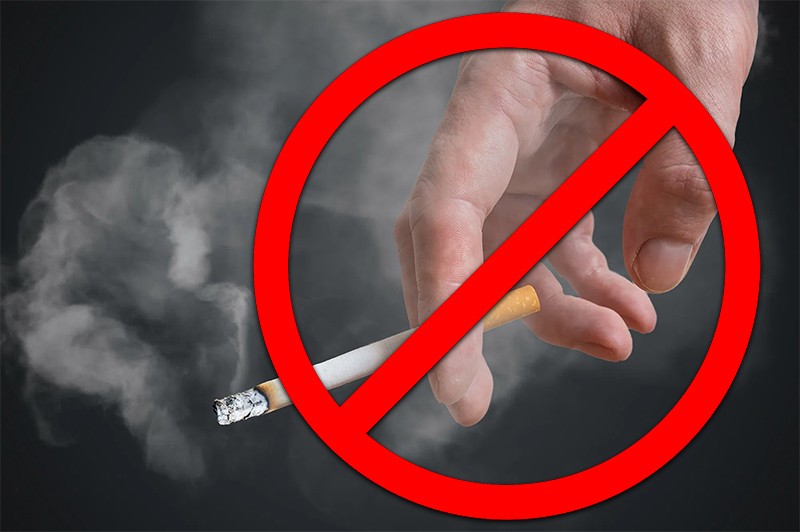30/04/2024
30/04/2024

KUWAIT CITY, April 30: To combat the pervasive issue of smoking and its detrimental effects, the Ministry of Health is set to launch the National Anti-Smoking Program 2024. The campaign, titled “Protecting Children from the Interference of the Tobacco Industry,” will kick off the day after tomorrow, Thursday, in collaboration with various ministries, agencies, and state institutions.
Dr. Abeer Al-Bahwa, Director of the Health Promotion Department at the Ministry, shared details of the initiative with Kuwait News Agency (KUNA) on Tuesday. The campaign aims to target all segments of society, including males, females, children, and adults, with the primary objective of raising awareness about the hazards of smoking.
Al-Bahwa emphasized that the campaign seeks to promote legal awareness regarding the criminal penalties associated with smoking in the workplace and causing harm to others. Additionally, it aims to advocate for a smoke-free lifestyle to safeguard present and future generations from the multifaceted consequences of tobacco use and exposure to tobacco smoke.
Among the campaign's goals are reducing tobacco-related illnesses and deaths, particularly lung diseases, and increasing awareness of the dangers of hookah smoking. Protecting children and adolescents from passive smoking is also a key focus.
The campaign will span until World No-Smoking Day on May 31 and will feature various activities across Kuwait's six governorates. These activities include exhibitions, distribution of awareness brochures, illustrative models, open days for the public, and awareness-raising exhibitions conducted by administrative work teams.
Health centers will contribute by screening awareness films about smoking and its adverse health effects and disseminating awareness messages on social media platforms. Furthermore, awareness days will be organized in commercial complexes, featuring health exhibitions to educate the public about the harms of smoking.
Al-Bahwa highlighted concerning trends, noting that children aged 13 to 15 years exhibit higher rates of e-cigarette usage than adults. Studies have shown that young e-cigarette users are approximately three times more likely to transition to traditional cigarettes later in life. Additionally, exposure of fetuses to e-cigarettes has been found to negatively impact their development.
The World Health Organization's call for stringent measures to prevent smoking, especially among children and youth, underscores the urgency of addressing this issue. Al-Bahwa emphasized the need for countries to implement strict regulations, citing disparities in regulations governing e-cigarettes across different nations.
She underscored the long-term health implications of e-cigarette usage, including the generation of toxic substances known to cause cancer and increase the risk of heart and lung disorders. Moreover, e-cigarette use has been linked to adverse effects on brain development and learning disorders in young individuals.


